Writing and talking about autism: terminology and identity-first language
Posted on
We have evolved our position on the way we describe autism which has been informed first by feedback from autistic people as well as research from the UK.
This has shown a preference for identity first language, such as “autistic”, as it places autism as intrinsic to a person’s identity and as such, we have chosen to adopt the term “autistic person” in place of “people on the autism spectrum”.
First-person language was until recently popular eg “a person with autism” rather than “an autistic person” _ the theory being you are a person first, not just a diagnosis.
With the rise of advocacy, the preferred terminology is “autistic person” because autism is an inherent part of an individual’s identity. “I’m autistic, I’m Australian, I’m leftist”: these are not qualities or conditions I have, they are part of who I am and do not subtract from my value as a person”.
This is why it’s no longer popular to say “person with autism”. It’s felt that first-person language separates the person from the disability and therefore implies the trait is inherently negative.

It is important to consider, and this can be discussed with an interviewee, how that person would like to be described.
Everyone has the right to be described in a way that feels authentic to them.
There is consensus in the autism community about avoidance of stigmatising language. Terms such as “suffering from autism” victimise people by painting them as unwell when it mightn’t be the case.
